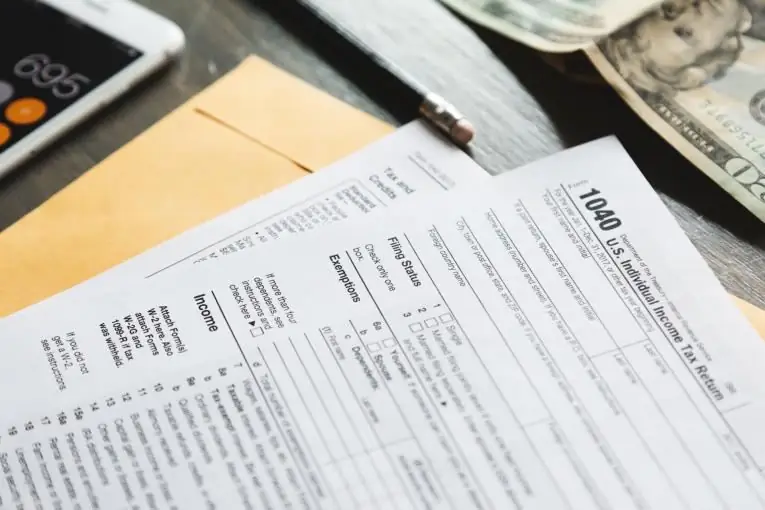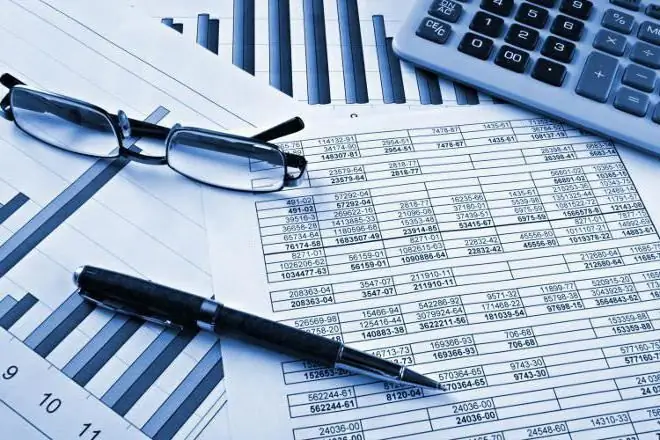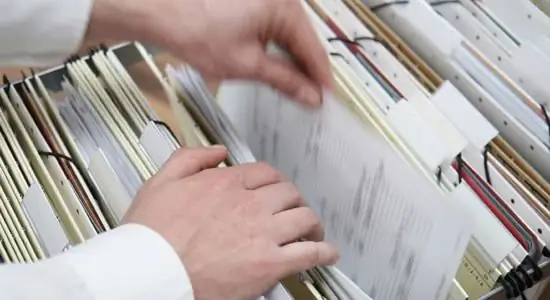2026 Author: Howard Calhoun | calhoun@techconfronts.com. Last modified: 2025-06-01 07:12:56
The main business tool is accounting. This is the main mechanism for managing all processes: from production to product sales. It promotes the development of production, planning, analysis and forecasting.

The main link in accounting at the enterprise is the accounting of materials. This is an integral part of the property of the enterprise, which is necessary for the successful existence and development of its activities.
Materials are involved in production and are its basis. They provide the process of production and participate in the formation of value.
Accounting for materials can affect the efficiency of the enterprise as a whole, determining the need for production in various materials depends on its proper organization. Rational provision with them leads to a reduction in costs, an increase in financial results, and the coherence of all processes. Excess stocks of materials lead to the freezing of financial resources and the inhibition of their turnover. The company incurs losses due to additional funds required for warehousing and storage, property tax increases significantly. To disruption in productionmay result in a shortage of the right materials, which will affect the timing of the company's production commitments. Both cases have a negative impact on the financial result and lead to a decrease in profits.

Material Accounting performs the following basic tasks:
- resource safety control;
- stocks compliance;
- control over the organization of supply of production with materials;
- calculation of actual costs for procurement of materials;
- distribution of the cost of materials by costing items.
Material resources participate in the production process only once. Their cost is fully transferred to the created products. In this they differ from fixed assets. Accounting for materials allows you to renew inventories in a timely manner.
In the cost of production, material resources have a significant weight. High-quality accounting of materials and rational spending affect the increase in the financial performance of the enterprise.

Receipt of materials is carried out on the basis of a supply contract. The accounting department, on the basis of accompanying documents, records materials. Transactions reflecting the arrival at the warehouse from the supplier:
Dt 10 Kt 60.01 - receipt of materials at the warehouse from the supplier.
19.3/60.01 is the amount of VAT related to the materials received.
68.2/19.3 - VAT refundable from the budget.
60.01/51 - debt repayment amountsupplier for goods received.
60.02/51 - prepayment to the supplier for the future delivery of goods.
60.01/60.02 - the amount reflecting the payment to the supplier by the previously transferred prepayment.
If the materials are purchased by an accountable person, then a transaction is made:
71/50.01 - issuance of money to an accountable person from the cash desk of the enterprise.
10/71 - the amount of materials received at the warehouse from the accountable person.
19.3/71 - VAT on incoming goods.
Recommended:
Accounting documents are The concept, rules for registration and storage of accounting documents. 402-FZ "On Accounting". Article 9. Primary accounting documents

Proper execution of accounting documentation is very important for the process of generating accounting information and determining tax liabilities. Therefore, it is necessary to treat documents with special care. Specialists of accounting services, representatives of small businesses who keep independent records should know the main requirements for the creation, design, movement, storage of papers
Formation of accounting policy: basics and principles. Accounting policies for accounting purposes

Accounting policies (AP) are specific principles and procedures applied by the company's management for the preparation of financial statements. It differs in certain ways from accounting principles in that the latter are rules, and policies are the way a company adheres to those rules
Accounting for working hours in the summary accounting. Summarized accounting of the working time of drivers with a shift schedule. Overtime hours with summarized accounting of wor

The Labor Code provides for work with a summarized accounting of working hours. In practice, not all enterprises use this assumption. As a rule, this is due to certain difficulties in the calculation
Materials released to production (posting). Accounting for the disposal of materials. accounting entries

Most of all existing enterprises can not do without inventories used to produce products, provide services or perform work. Since inventories are the most liquid assets of the enterprise, their correct accounting is extremely important
Accounting for beginners: from postings to balance. Accounting

Accounting is quite complex, but at the same time necessary. What does he represent? Why should this be studied? What are the nuances? Let's look at accounting for beginners from postings to balance

